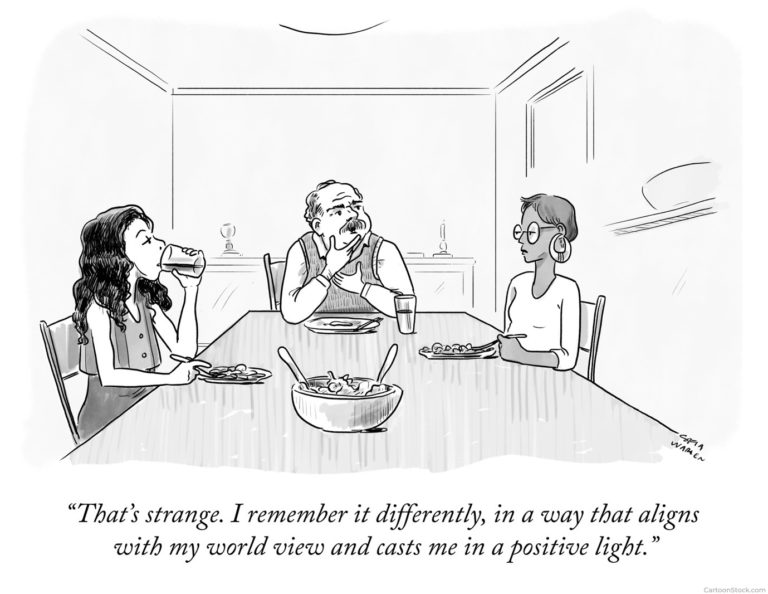There has been a renewed interest in the intervention of reality testing in mediation in Australia with the release in December 2022 of research conducted by Lola Akin Ojelabi and Alysoun Boyle, funded by the Mediator Standards Board of Australia.
The authors note at the start of the report that the phrase used in the title “playing devil’s advocate” was a common theme in the participants answers to the interview questions about reality testing, and also encapsulates the authors’ conclusions that reality testing can be a double edge sword, having both positive and negative impacts on the disputants, the process and the mediator.
Reality testing is not defined in the National Mediator Accreditation System documents, it is simply described as a mediator skill useful in the development of terms of agreement. The authors’ extensive review of relevant literature internationally also found that most publications that discuss reality testing associate it with achieving settlement.

There is some discussion in the report about what constitutes “reality”. It is frequently seen as a reference to some kind of objective criteria or standards that can be compared with one or more disputants’ understanding. It may often be a reference to another person’s perspective on, for example, an offer or potential term of agreement. The authors’ note that there are at least three versions of reality in a mediation (the mediator’s and each of the party’s), and there may well be more including legal representatives, party support people (either present or in the background of the mediation) and those of people who might be interested in or impacted by the outcome of the mediation.
Anecdotally, many mediators and coaches tell me that reality testing is often a very frustrating experience for a practitioner, when a client doesn’t seem to be “thinking rationally” or “seeing things clearly” or “making sensible choices”. However, reading between the lines, what these comments describe is the practitioner’s frustration when the client does not see reality in the same way that the mediator does. This frustration is based on a clear but unspoken assumption: that the mediator has a better understanding of reality than the client. This can also explain why some clients can respond negatively towards reality testing, as they see it as condescending or a misuse of power.

In almost all situations the mediator will have a different understanding of reality than their clients, because they have different personalities, life experiences, perspectives, goals and expectations. Whether or not there is an objectively or universally correct reality is certainly debatable. Any version of reality is always filtered by the person who is considering it.
Does the concept of reality testing even make sense given this understanding? And if so, what are some alternatives? Can (and should) we take the word “reality” out of the picture, and still provide scope for practitioners to support clients in helpful ways?

Here are some ideas about how we might describe what practitioners do to support clients, without using the term “reality testing”, but that cover many of the same purposes described by the mediators in the research:
- Ask questions to help the client to consider how they have made their choices (e.g. what information they have considered or excluded).
- Ask questions to helping the client to consider the potential impact of their choices (on various stakeholders).
- Ask questions to support the client to explore their choices from a range of different perspectives (e.g. legal, social, justice, individual, organisational).
- Be transparent when we are providing our own information, observation, or opinion (e.g. “In my experience, the court will never make an award that high”, or “From what I’ve seen of the other person, I wonder whether they will respond in the way you have described”).
What ideas do you have for how we can describe what many mediators and coaches attempt to do under the name of “reality testing” that takes the concept of “reality” out of it?
Read the report by Lola Akin Ojelabi and Alysoun Boyle here: https://msb.org.au/themes/msb/assets/documents/Reality%20Testing%20Mediation%20Report%20-%20December%202022.pdf

